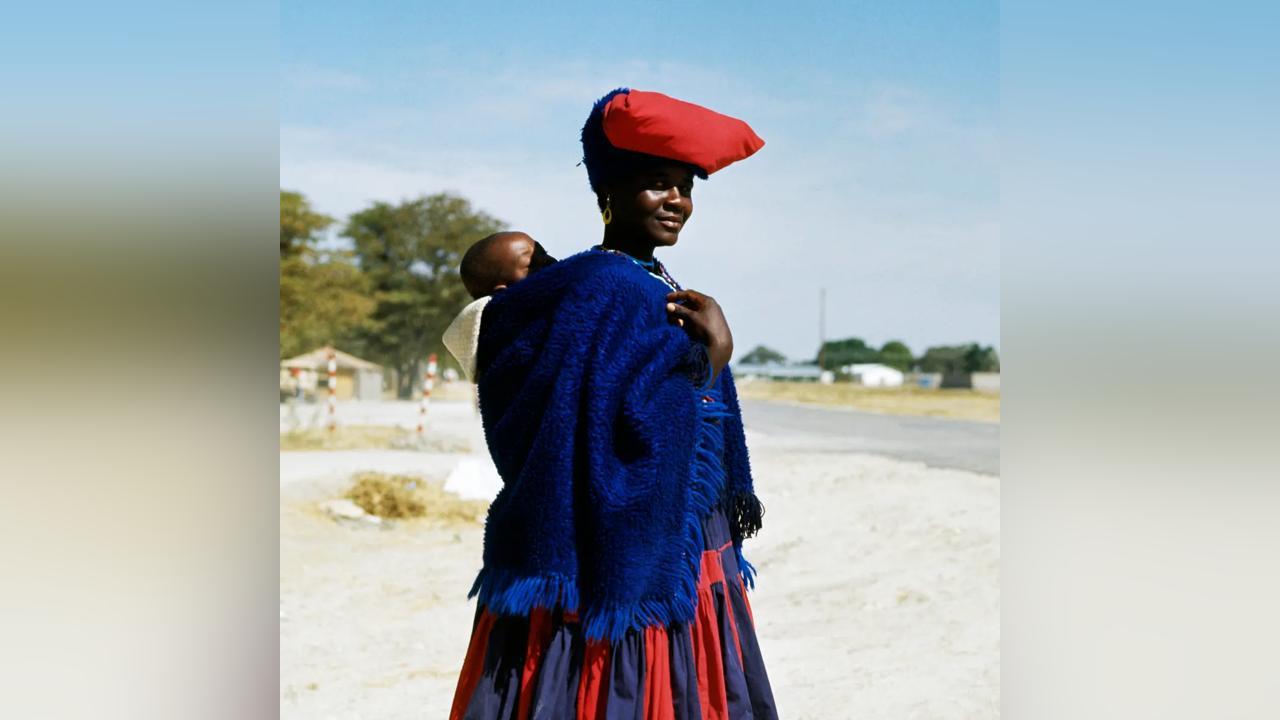
Africa-Press – Ghana. Caregiving roles at the household levels in communities is seen as a preserve of women and mothers whiles men and fathers are more inclined towards taking economically viable tasks, leaving the unpaid work to women.
These gender roles, such as cooking, cleaning, washing, and nurturing of children and caring for aged or vulnerable relatives placing huge domestic burdens on women and often affected the development of girls in such communities.
To change this narrative and court support for women in carrying out household chores, Plan International Ghana, through the Integrated Pathway for Advancing Development (IPADEV) project has initiated a concept Responsible Engaged and Loving (REAL) men clubs to sensitise men and fathers in rural communities to get involved in roles perceived to be reserved for women and mothers.
The REAL men club which serves as a peer educator platform for men to share experiences on positive masculinities including taking up caregiving roles which help them bond better with their children especially the girl child as well as taking up some household responsibilities to free women of excess burden which brings about harmony in the home for children thrive.
The key objectives are to educate and sensitize parents and caregivers with knowledge of comprehensive support systems that create a safe, secure, and loving environment with the right nutrition and protection for early childhood development and responsive parenting from fathers.
Again, to also create the understanding of distribution of unpaid work and care burdens among parents to allow women and mothers time to participate in decision making activities at the community levels to improve their living conditions and that of their households.
The IPADEV is an integrated developmental project and its being implemented in rural communities in the southern and northern parts of Ghana and has five components including Water, Sanitation, Hygiene, Gender and Responsive Parenting and WASH financing.
Mr William Domapielle, IPADEV project coordinator who briefed selected journalists at a training programme organized by Plan International Ghana in Ho, indicated that the project provided a wholistic approach to build a protective and empowering environment for girls.
In the area of water accessibility, the project had increased water coverage from 41 facilities to 61 schools and communities serving over 13,000 people and under sanitation provided schools with improved sanitary facilities boosting girls’ retention in schools.
Through the Community led Total Sanitation Approach (CLTS) has supported households in the beneficiary communities to construct household latrines and toilets leading to over 50 communities achieving the Open Defecation Free (ODF) status.
On Menstrual hygiene, the project had provided changing rooms in addition to school toilet facilities with stocked sanitary pads and water systems for a complete hygienic experience for girls.
The journalists training programme themed: “Amplifying Community Voices: Storytelling with Integrity and Impact” was to equip with comprehensive knowledge of projects and initiatives of Plan International Ghana to be able to advocate for the vulnerable and marginalized in society.
Participants had first-hand information on the interventions of the organization in rural communities in the Jasikan municipality in the Oti Region
Okyeame Okyere, a retired teacher and community leader at Tonko, one of the beneficiary communities in the Jasikan municipality of the Oti region disclosed that with the REAL father club intervention, fathers in the community had understood the need to get involved in domestic chores reserved for women and mothers.
“In fact, now, the men and fathers in this community understand that they have a role to play in the upbringing of their children especially girls and education by providing for them and supporting their mothers to proven teenage pregnancies.”
By so doing, he disclosed that no teenage pregnancy had been recorded in the community for the past four years and commended Plan International for their consistency and life-changing interventions such as water systems for both schools and the community, menstrual hygiene facilities and many others.
He said education was everything, making a difference in many homes and societies adding, “the saying that women’s place is the kitchen is long gone and past, what about homes without women who goes to the kitchen.”
Mr Peter Kwabe, a parent and a beneficiary of the REAL men initiative described how he had learned to support his wife to take care of their three daughters to take the burden off her “now together we are able to ensure that they were going to school, their needs provided and sleep early too”
He said now when men were supporting their wives at home or doing some domestic chores, people do not stigmatise them as they used to because of the sensitisation and education received.
Source: Ghana News Agency
For More News And Analysis About Ghana Follow Africa-Press






